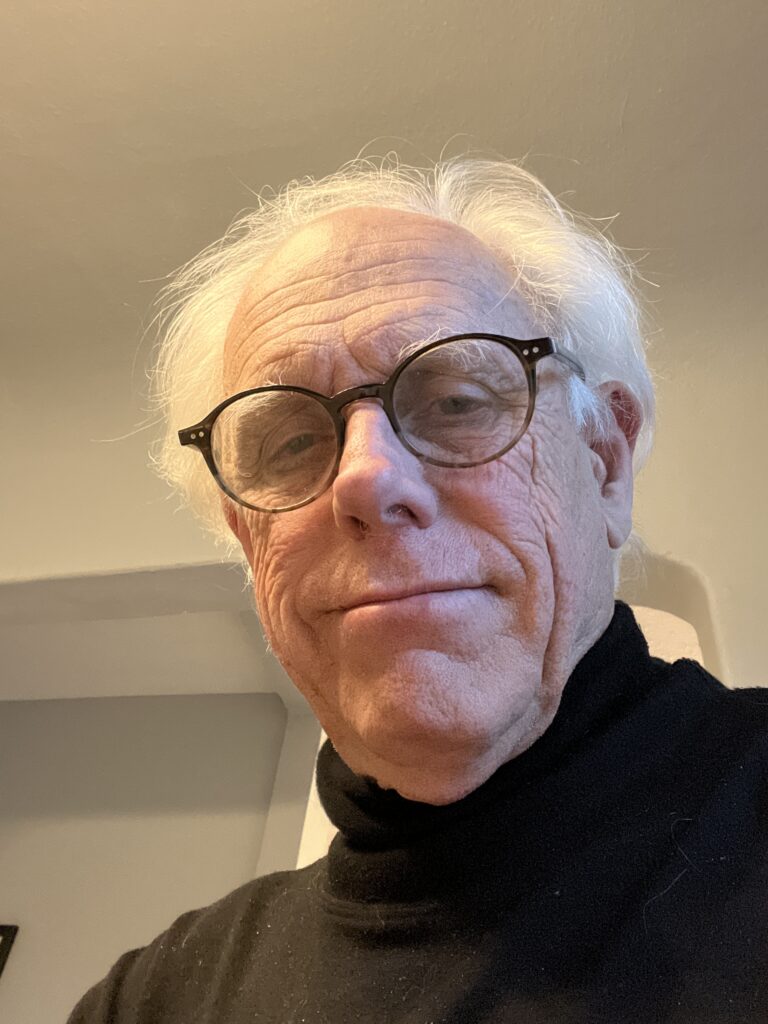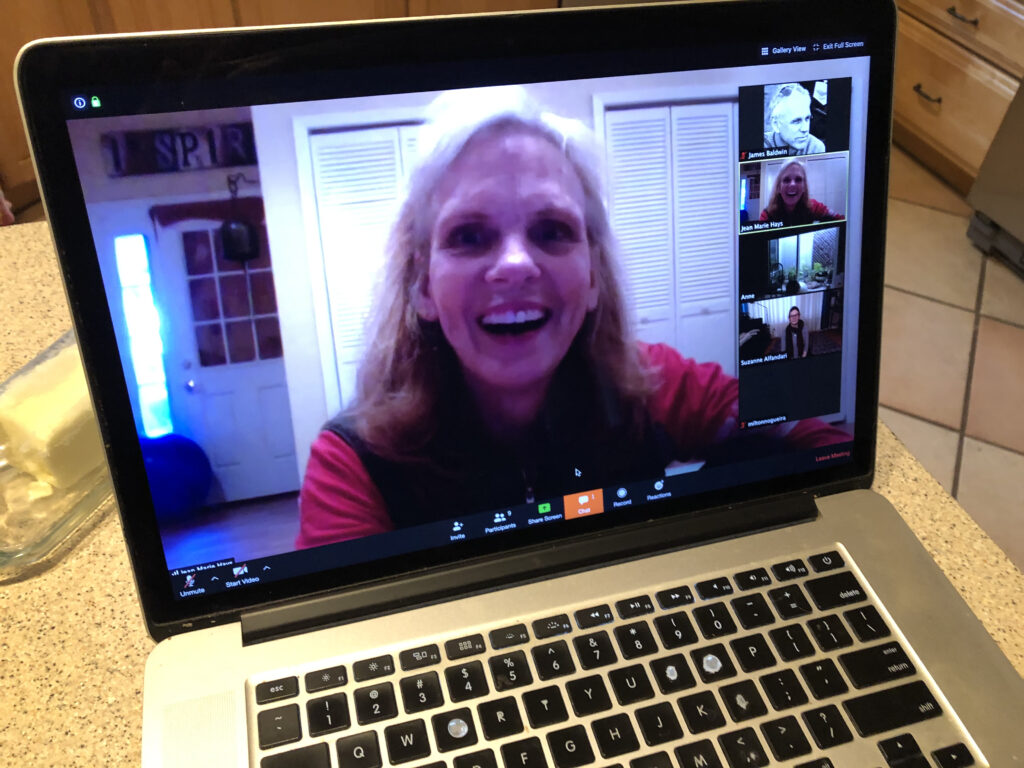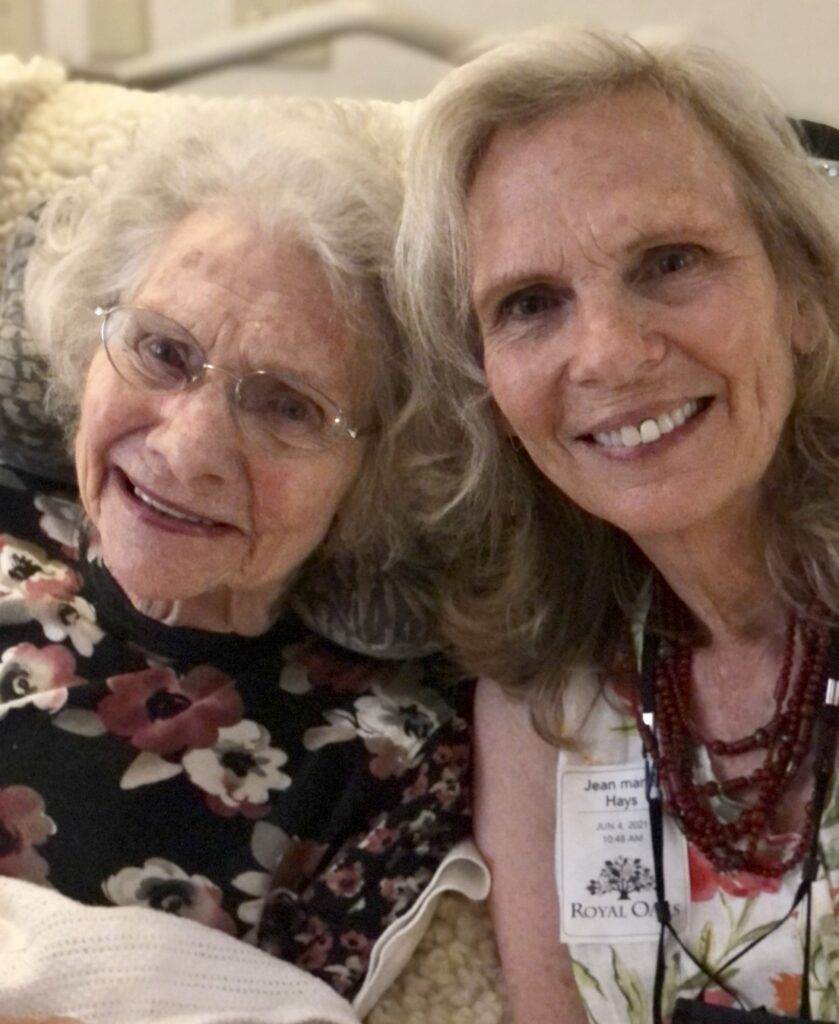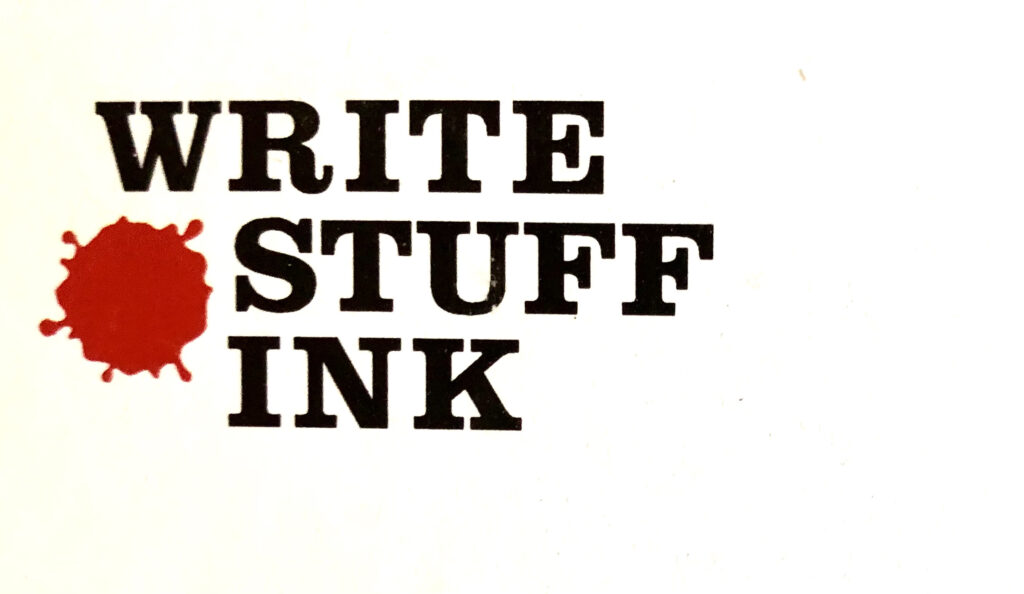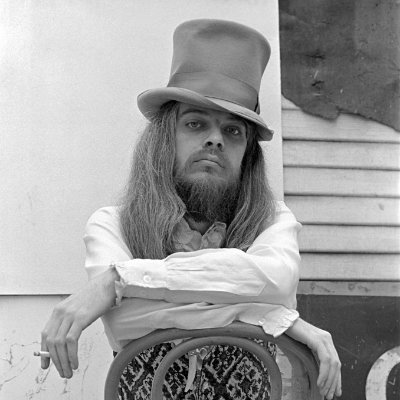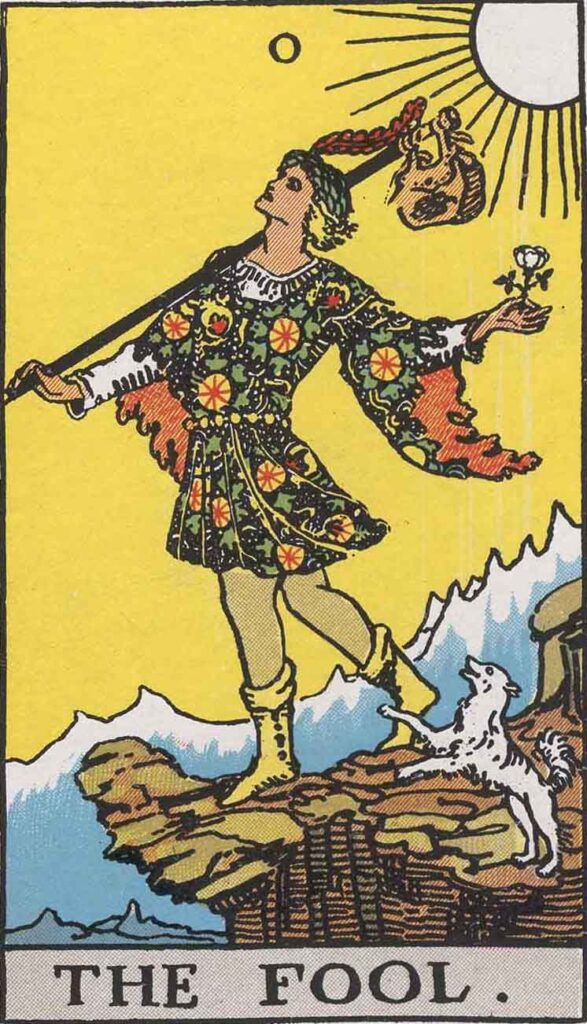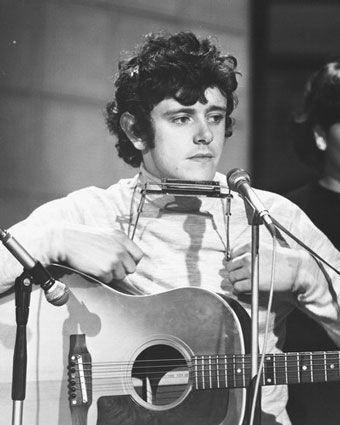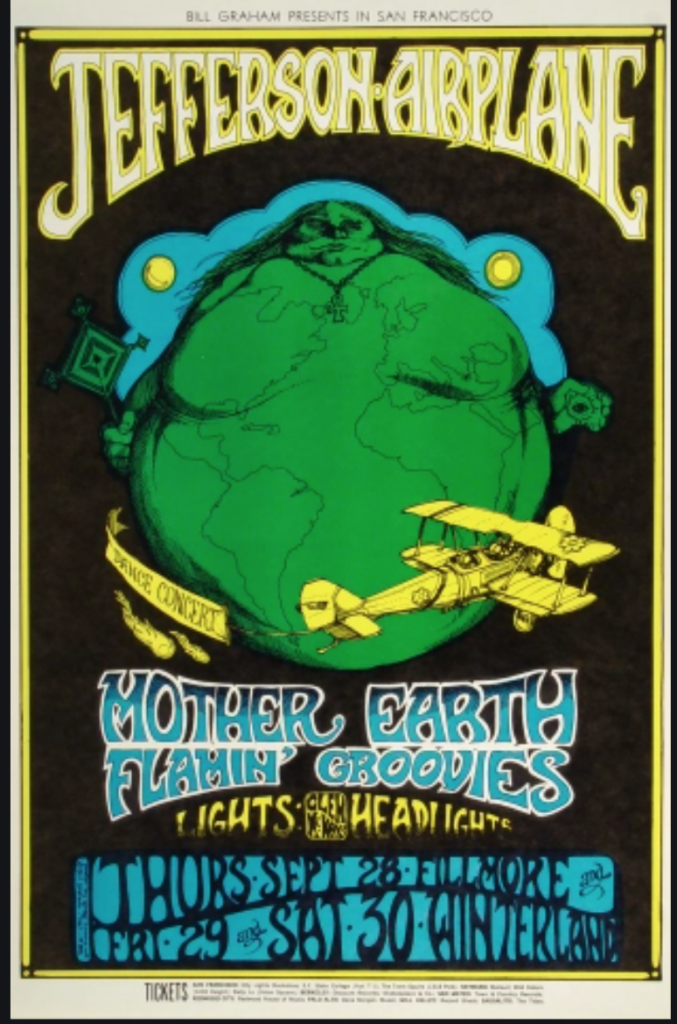Posts by Jim Baldwin
Empathy and Accountability Coaching: My Service in a Brave New World
ChatGPT Et Al.
As you’ve probably heard, AI is taking over the world of content creation. Something that “knows” the content of half the internet and can generate copy in less time than it takes me to open a Word doc and produce a blog in the voice of Joe Rogan is something I can’t compete with. It’s John Henry vs. the steam drill on steroids. Do you even remember who that John Henry was?
Content Creator
What I call “a copywriter” is more often referred to these days as a content creator. I’m not fond of that term. Like “consultant,” something called “content” could mean almost anything. My breakfast has “content.” But for years now, I have put words together for myself and others. I do that.
What I Can Offer
So what do I do, what can I offer my clients that separates me from ChatGPT? A listening ear. Empathy. Accountability coaching and suggestions for new work, offered without judgment.
And yes, I have a long rich history working with students of the English language, whether literal students or, more recently, professionals trying to communicate their skills and services. I have an advanced degree! (Although that feels more and more like something the Wizard of Oz would bestow).
Accountability Coaching
I’m currently working with a client who is ferreting out family history and work history, all against a backdrop of national and world history. Sometimes she needs suggestions. Sometimes she needs a cheerleader. Before long, she will need an editor to help develop the draft into a finished copy. For now, she needs to know someone is listening, paying attention, and encouraging her to stay on task. That’s accountability coaching. That’s me.
Copy Editing
For other clients, I’m the one who evaluates and improves a rough draft (whether AI-generated or other). I’m in touch with the client’s wishes and needs. More often than not, my job is to cut away excess and waste. Chisel the marble into a better form. I do that very well. I offer empathy together with accountability coaching
So when you need an attentive, empathetic “co-pilot” on your creative journey, think of me. Those are things AI cannot provide at any speed, at any price.
Why Do You Need My Service?
In this era of Grammarly for editing and AI programs that will compose “content” for you, why would you need someone like me, a mere human, and more expensive than those free or cheap virtual resources?
Why Indeed?
A recent client gave one answer: “Jim’s approach was not like other editors I interviewed. They told me what they would do, step by step, without enthusiasm, making the work seem tedious. Jim expressed excitement about the possibility of working with me. Then, during his process, he asked questions, he made suggestions, and offered options. That was exactly what I was looking for. Altogether, it felt like a team approach—a collaboration, and I am very grateful.”
Co-Pilot on Your Creative Journey
There’s clearly a difference between my service for this client and what a virtual assistant (as well as other human editors) could offer. Even “enthusiasm,” from an app, we know is artificial. I am your ally—your “co-pilot on the creative journey” as I like to say.
But there’s something else.
My Family History Service
In another recent instance, I was hired to facilitate a family history interview. The son was going to be the primary interviewer of his mother. He knew what to ask and what to probe for. My service was to be a “color commentator” in the game as it played out in real time. Subsequently, I created a document based on voice transcription by a virtual assistant. (That’s a real plus, and I recommend it over any human short of a trained court stenographer taking the notes.)
After that, I listened to the recording while reviewing the transcription. There were inevitable errors. “Tuolumne Meadows” is not a place name that voice transcription can handle. And there were other misinterpretations as well.
In addition, there were moments when either the party—interviewer or subject—misspoke, misunderstood, or got confused or over-explained something. In my review, I did my best to streamline the interview and make all individuals (including myself) as coherent on-topic, and entertaining as possible.
Later, there will be a second interview to “back-fill” missing elements and add stories we didn’t get to the first time. These will be inserted into the first interview where they make the most sense. Some things may get deleted as well.
Helping You Understand
All this seems second nature to me. But when I spoke to my client, the son/interviewer, he expressed his belief that my task was simply to make the word document “as close to word-for-word from the recording as possible.” He was surprised to see the first rough edit and pleased to see that it read more clearly than the live process. And he agreed that the backfill would, of course, have to be included along the way, not as a clump at the end.
In the end, he understood that I was more than a second-string interviewer, more than simply a reviewer of voice transcription and creator of a representative PDF. I was sculpting a result the family would enjoy for years—maybe generations—to come.
Preserving Stories
Virtual assistants can’t apply that sort of lens to raw material. They can’t in essence create the stories a mother recalls for her son. They can’t evaluate what’s most important and in what sequence.
But I can.
The Bottom Line: Value
So, when you weigh the cost of hiring me for a project, be sure to consider the value of the result, and the work required to create that value.
That’s what Writestuff Ink provides.
Let’s Get Lost
A few years ago, I read an interview with Grateful Dead drummer, Mickey Hart. I wish I could find the exact quote. But the gist of it was this: “When someone sits in with us, we like to see if we can get him or her lost, just to see how they handle it.”
Sound crazy? Maybe cruel? I get that. But I propose that “getting lost” is not the negative experience that we sometimes think.
Where’s the Map?
For many, getting lost is literal: Where was that freeway onramp? I know her office is around here somewhere. Which exit is for the airport? But we also speak of a figurative kind of displacement, like when we lose our place in a book, or we were about to say something, and then. . .
I agree: most of those examples are negative.
Lost or Transported?
But we also talk about getting lost in a book in a good way. Forgetting time and place and being transported to some mythical or at least fictional landscape—maybe an emotional landscape. And we sometimes get blissfully lost in our own emotions when we are falling in love. The very expression suggests surrender to powers we do not control. That’s a kind of “lost,” right?
In my own musical life, I once played in a quartet with an enthusiastic (okay, lunatic!) drummer who didn’t keep track of measures very well. Lots of beats, tempo accurate enough, but without the requisite counting units: “1, 2, 3, 4!”

I admit that my own sense of time had not yet internalized 4/4 or 6/8 (or whatever) as it later would. The same was true of my bandmates. So when we improvised, we blazed furiously into the sonic atmosphere, feeling the pulses, but often with very different ideas of where measures began or ended. We often surprised ourselves or each other—arriving at musical places we’d near been before. It was wild.
But here’s the thing. Our audiences didn’t mind. In fact, they thought we were simply more sophisticated than they were able to perceive. Well, probably not ALL of them. Maybe some of them, even our friends, were just too polite to tell us. So yes, we were technically “lost.” But as we created an avalanche of passionate improvisation without borders, we liked it, too.
Lost in the Woods
My favorite musical “lost” story, though, comes from Leon Russell. The Master of Space and Time himself. He had written a song that would appear on his album, “Carney,” titled, “Out in the Woods.” Leon and his producer had elected to feature a large chorus singing, “I’m lost in the woods.” In Swahili.
They contacted someone who could assemble singers able to do that, but there was a hitch. In that language, apparently, it was impossible to express the idea of being lost in the woods. If you were in the woods, you were never lost.
Or maybe the choral director was just yanking Leon, making something seem more difficult so whatever the chorus sang could be more sonorous. Or maybe he wanted a bigger paycheck. I don’t know. But the idea that being lost was impossible was very cool, I thought.
Into the Unknown
And it does put forward an idea about being lost that I think Mickey Hart also believed. That is, that “lost” is not so much an external reality as a state of mind. And if feeling safe and comfortable in unfamiliar circumstances—if being curious about where the next turn leads without assuming automatically that the trail leads over a cliff—is a reality: how wonderful! That kind of surrender is very powerful!
And I think about that feeling in writing. What a great experience to put pen to paper, or fingers to keys and just GO. Letting the road unfold before you.
Doctorow
E.L. Doctorow famously said, “Writing is like driving at night in the fog. You can only see as far as your headlights, but you can make the whole trip that way.”
I try to instill that kind of confidence, or courage in my clients and my students. In myself, too. Writing that way, with the ever-present risk of getting lost, requires faith, and yes, courage. But the rewards can be so great.
When I assign “NSAWs”— a form of free writing—my intention is for writers to lose themselves in words—in phrases that pop up, sounds that chime sweetly together, rhythms that expand like ripples in a still pond. All of that requires surrender. Getting lost in language, without the inner critic/”nag-igator” telling you what to do, where to go, and “Oh! You missed that turn!”
So let me invite you: Let’s get lost.
Fly Jefferson Airplane
“Jefferson Airplane”? Not exactly a contemporary reference, I know. But the confluence of several streams of consciousness has me writing this. And, as my wife will tell you, I spend a lot of time in the past.
Donovan
Many years ago, in high school, I discovered Donovan. If you don’t know who that is, I forgive you. Donovan Leitch was, in a manner of speaking, the British Dylan (although I have many British friends who will probably eviscerate me for that. They know that Dylan is the British someone-else.) But you may remember a pair of hits from oldies stations or movie soundtracks. Sunshine Superman or Mellow Yellow? What about an earlier folky tune, Catch the Wind? Season of the Witch? Anyone? Bueller?
In any case, I listened to Donovan an extravagant amount.
At that same time, I was attending a Massachusetts boarding school, where my roommate was from California. That was amazing in itself. But more important, he became the source of a lot of great music. Some of it from England after a vacation trip to London. More from the San Francisco Bay area, where he lived when not sharing a third-floor dorm room with me.

It was fall of 1965 when we began rooming together, and June 1967 when we graduated, which you have to admit was a pretty amazing time for music. Among all the memorable artists of that time, Jefferson Airplane ranked high. It may be hard to imagine now, but they were once the “it” band. No Top-40 hits after Somebody to Love and White Rabbit, but amazing countercultural popularity. They were on the cover of Life magazine. They were on Ed Sullivan, and more significantly, the Smothers Brothers Comedy Hour! They were at Woodstock—one of the main acts! All while singing about a revolution in a real way, not as an intellectual abstraction.
The Airplane
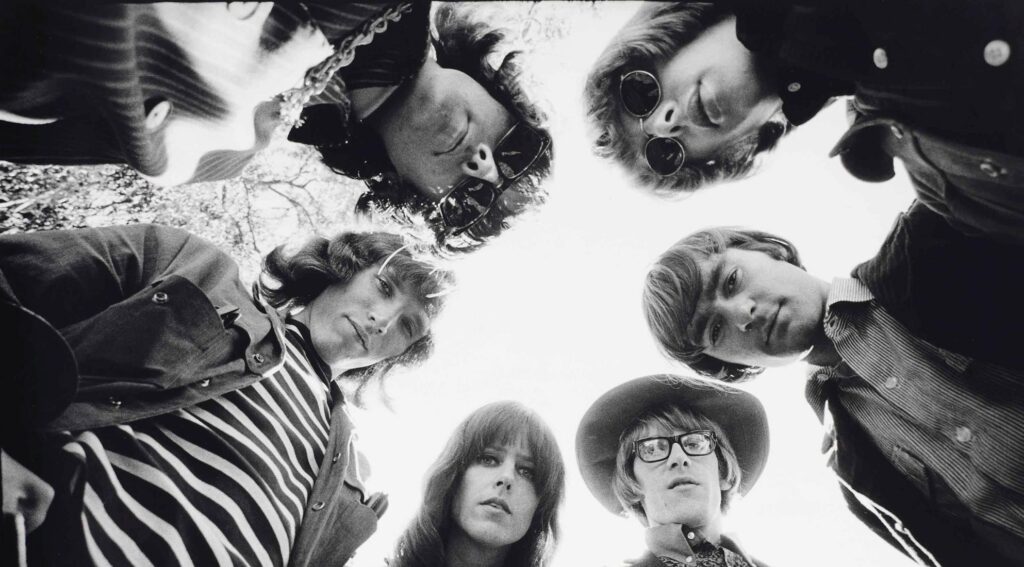
In the first months of my familiarity with The Airplane (as I learned to call them, while feigning prep-school boredom), I happened to notice that toward the end of Donovan’s song, Fat Angel, instead of singing the refrain, “Fly trans-love airways, gets you there on time,” he substituted, “Jefferson Airplane” for trans-love airways. As I write this now, more than fifty years later, it seems pretty obvious that Donovan meant the reference every time. Only once, he made it overt.
Small potatoes? Not to me! Suddenly an amazing inter-dimensional culture warp occurred. This British singer was somehow aware of, was a fan of this then-still-obscure San Francisco band! It was all coming together!
Winterland Ballroom
Maybe for me, this was the beginning of a sense of the coming counterculture with which I would soon be much better acquainted. I went to college in the SF Bay Area. For my freshman orientation there, I went to Winterland Ballroom, a former skating arena, now a concert hall in San Francisco. The Airplane was headlining. Still technically the Summer of Love, fame hadn’t completely overtaken the scene. There was no “backstage” where the stage was located. So the band exited through the audience to get to their dressing room. As the band passed by, in my rural-Western-Massachusetts, star-struck stupor, I asked Grace Slick a question. A stupid, embarrassing question, true. But she answered me, if only to direct me to another band member who had written the song I asked about. But Grace Slick had spoken to me!
Truth be told, I felt a kinship with Grace. She, too, was a preppie (although I didn’t learn all about that until later) who went to a prestigious girls’ school in Palo Alto. She went to Finch with one of Nixon’s daughters and was on her way to becoming a model—beautiful, yes, but acerbic and whip smart. The kind of girl I might have dated back in school in Massachusetts. One who would have endured me for a date or two, then disposed of me. I would have deserved it.
That is achingly apparent in my early attempts to understand the music she wrote and performed with The Airplane. When I first heard the climactic chorus of White Rabbit, for example, instead of the iconic line, “Feed your head!” I heard, “Keep your head.” (Yes, I was a good son—a well-behaved young man from Western Massachusetts. Well, I learned.)
ReJoyce
Right about now, I’m itching to play a track from After Bathing at Baxter’s, the band’s third album, for my wife. She will roll her eyes, shake her head. She is sometimes exhausted by my preoccupation with the past. It’s amazing I don’t walk into things, according to her. And by my asking her to listen to music I find interesting—true for me, for her, not so much. But she loves me anyway, thank goodness. She will decline the offer.
So listen: reJoyce is a piece Grace wrote and performs on piano as well as with her voice. She’s accompanied by bass, a little subtle drumming, and some overdubbed woodwinds. But it is a largely acoustic piece: part Ravel, part jazz, part snake charmer. I would bet that almost no one outside of a small circle of former Airplane fanatics (Richard, are you there?) would remember it. But it is a masterpiece of weird, convoluted, evocative lyrics (as the title suggests, there are many references to James Joyce’s Ulysses), rhythmically and sonically sophisticated piano, and of course, Grace’s voice.
Sometimes I think that her approach to music was from the perspective of a lead guitarist—and I’m not the first to think that, I know. She sometimes finds responses to calls that have never been made. As a consequence, her style was magical, unique, and sometimes a little weird. And The Airplane, live, were often deafening. (Once, I saw Grace onstage with big Koss headphones—a monitor or earplugs? Both?) And that volume removed the piano from their stage sound early on. Some subtlety went by the boards.
It’s A Wild Tyme
But listening again now (and yes, my own headphones are on) to reJoyce, I almost weep. This happens to me. I’m never sure why. But I know it has a lot to do with memory, with the perspective of fifty years on that time of my life. Maybe a little bit with the excesses and failures of a time that seemed to presage such positive change. On one song from that same album, Grace sings, “It’s a wild time. I’m doing things that haven’t got a name yet.” That statement seems so true and yet so far away. Then the last line of reJoyce: “All you want to do is live, all you want to do is give/But somehow it all falls apart.” Kind of an epitaph.

I guess it did fall apart. But if I put the headphones on, though the time has passed, I can fly Jefferson Airplane again.
College Admission Essays—It’s Personal!

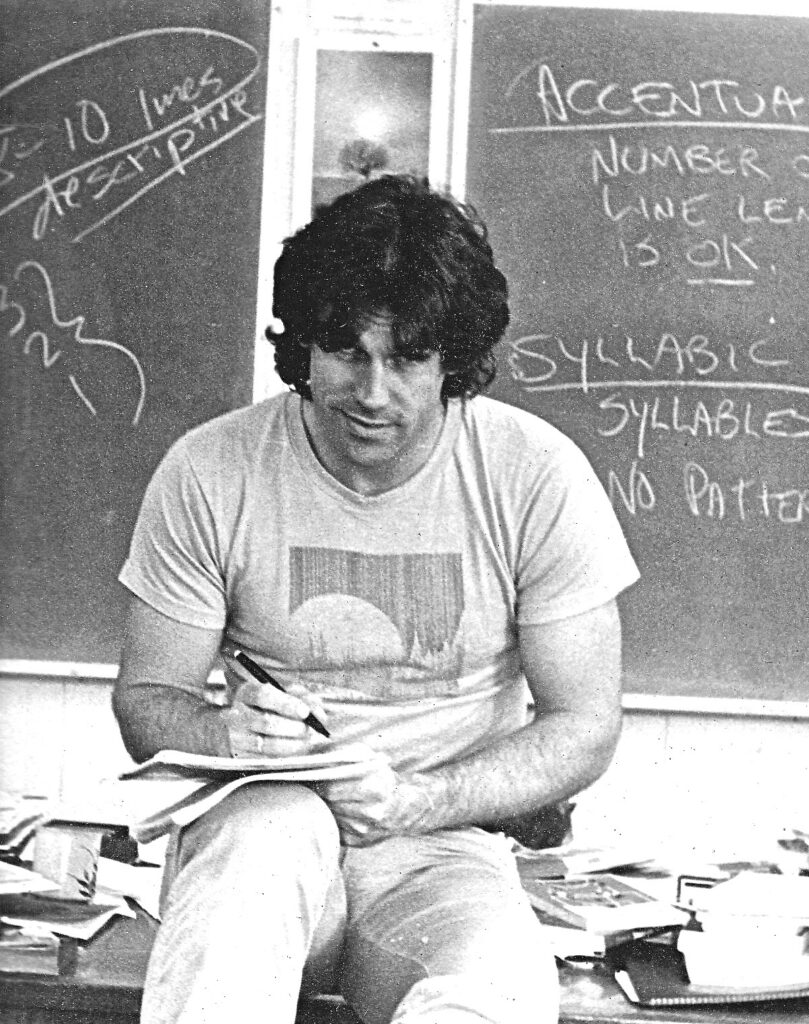
I spent years teaching English in high school. (And yes, my desk was usually messy.) For more than a dozen of those, I was a department chair. I helped create school policy for work with tutors. As a school representative, and as someone who cared both about helping my students and about integrity, I wanted students to get help with their writing, not to have someone do their work for them. And in these days of college admissions scandals, I see that my concerns were minor compared to some of the shenanigans going on now.
But now the shoe is on the other foot. Recently, I have taken on clients—or the children of clients—who are in the process of applying to school. In some cases, it’s college for undergraduate work. In others, admissions essays for graduate work. Now students and their parents are hoping I can assist in lifting a personal essay above the morass of familiar mediocrity and help it and the student who wrote it stand out.
When I take on a client, I make very sure that I am not being hired as a ghostwriter. I will not write Faulkner essays. I will not write college application essays. I will edit the latter. I steer clear of the former altogether.
With my background, I can also advise about topic choices. You don’t have to have discovered a cure for cancer to have a good essay. As someone once wrote, the mosquito in your tent on a backpacking trip can be a winner. The prize you didn’t win can make a bigger impression than a roll call of your triumphs.

What I do, mostly, is cut out the dreck. I keep the student’s words. Just not all of them.
And still, I have a voice in my head asking, “Is that ethical? Have you let the student speak for himself, from her own experience and in her own words?” Always, I want to be able to say, “Yes. Yes, I have.”
We’re about to begin another college admissions season, and I imagine my inner dialogue will be a frequent event. I will hold the line. And I love seeing or hearing the appreciation from a parent when something a little too long and a little muddy has become something better.






